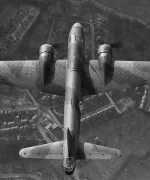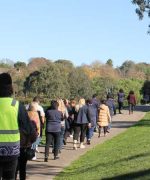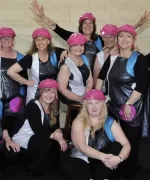A person suffers a stroke every 19 minutes in Australia, it’s one of Victoria’s biggest killers and a leading cause of disability.
The figure was released by Ambulance Victoria at the start of National Stroke Week (5 – 11 August). And to help spread the word, paramedics will be out this week sharing the first signs of a stroke with their communities.
Ambulance Victoria regional director Michael Georgiou says everybody can make a life-changing difference by knowing the signs of stroke and calling triple zero (000) immediately.
“This year’s theme is ‘keep looking at your mate’ and it’s as simple as that, know the signs and you could save someone’s life,” he says.
The first (FAST) signs of stroke:
- Face check their face. Has their mouth drooped?
- Arms. Can they lift both arms?
- Speech. Is their speech slurred? Do they understand you?
- Time Is critical. If you see any of these signs call 000 straight away
“This National Stroke Week, we’re encouraging all Victorians to learn the FAST signs of stroke so you can quickly take action if a friend or loved one is experiencing a medical emergency,” says Mr Georgiou.
Ambo staff are also being trained in a new app to help them diagnose stroke victims faster. In the past 12 months, more than 800 paramedics – including those in Hume – have been shown how to use the new telestroke app.
Find out about the signs of stroke at www.strokefoundation.org.au.
Stroke facts
- Stroke can happen to anybody at any stage and is always a medical emergency
- In 2020, 27,428 Australians experienced a stroke for the first time
- More than 445,000 Australians are living with the effects of stroke, 65% of whom live with an ongoing disability that impacts their day-to-day life
- Regional Victorians are 17% more likely to suffer a stroke
- The longer a stroke remains untreated, the greater the chance of stroke-related brain damage
- Treatments for stroke include medications which dissolve blood clots (thrombolysis), clot retrieval through a specialised procedure (endovascular thrombectomy), and brain surgery
Source / Ambulance Victoria








